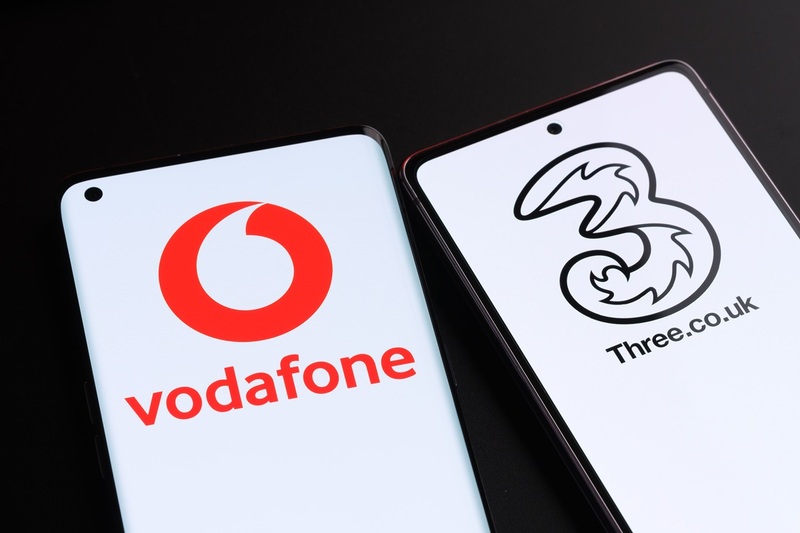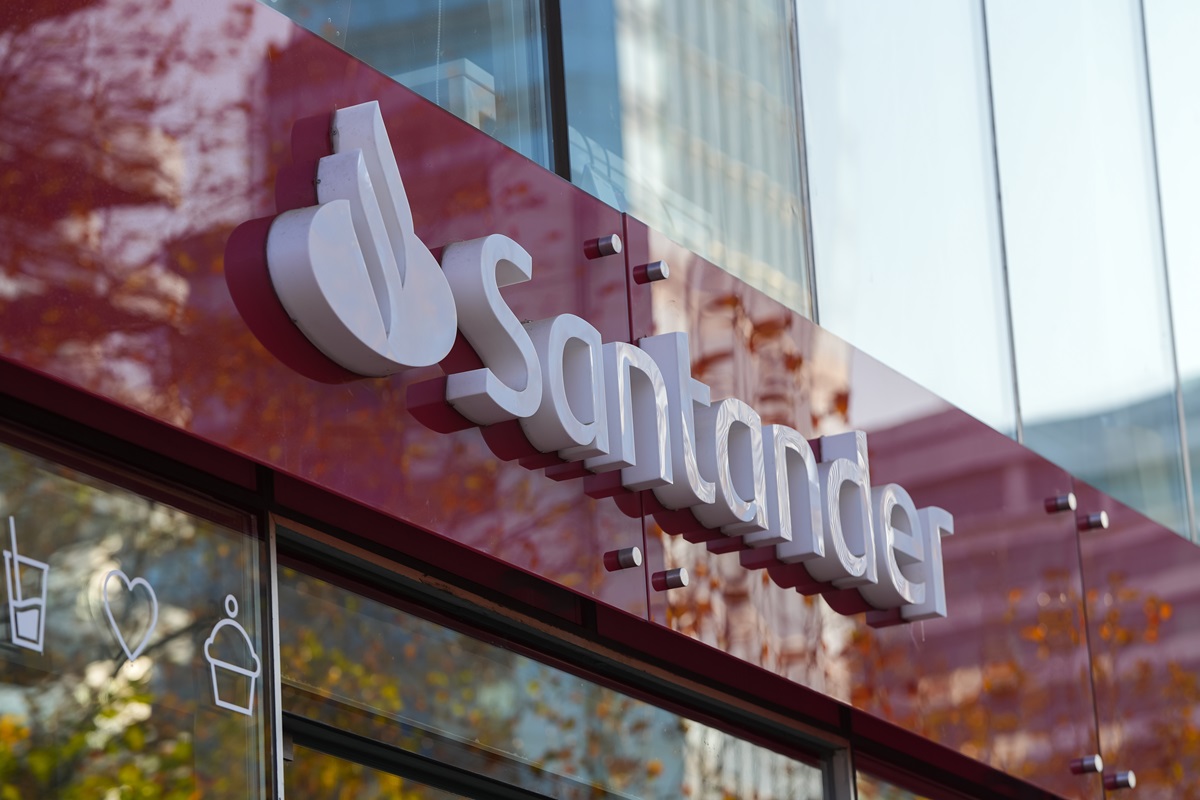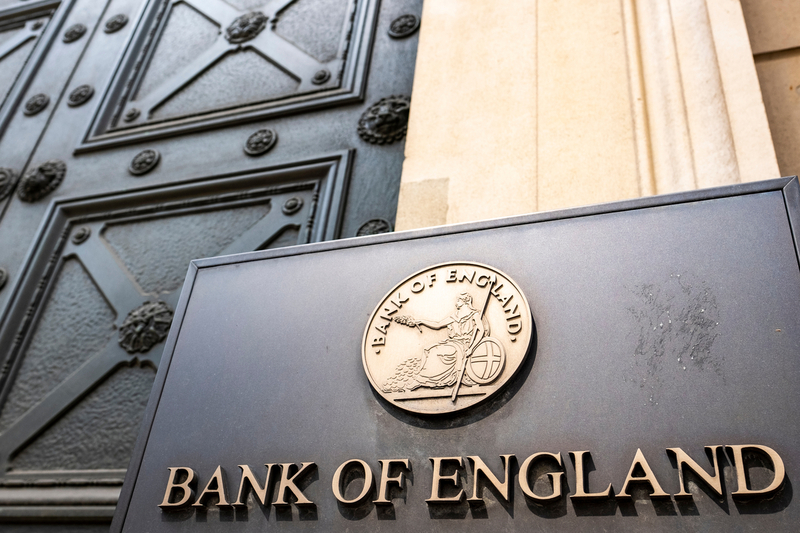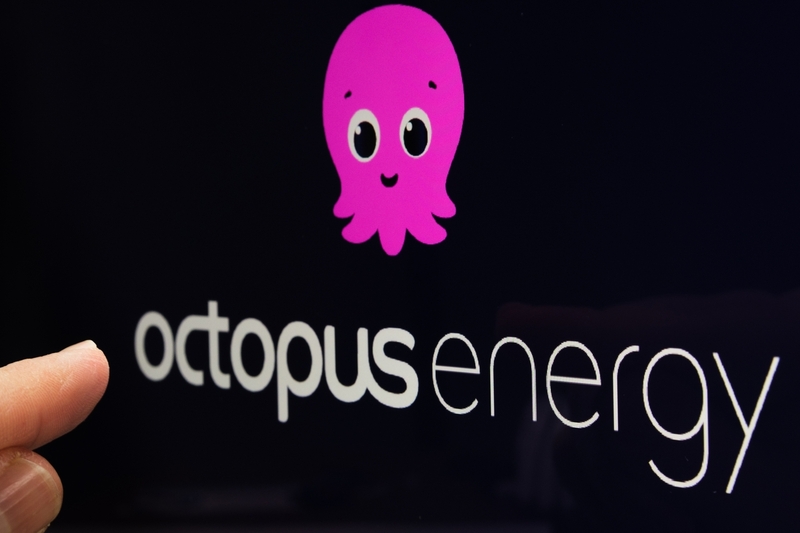CMA approves Vodafone and Three UK merger
 Credit Strategy, Shard Financial Media
Credit Strategy, Shard Financial MediaThe Competition and Markets Authority (CMA) has confirmed the recent merger between Vodafone Group Plc and CK Hutchison Holdings Limited’s Three UK.
With the merger valued at approximately £15bn, it is anticipated that the consolidation will reshape the competitive landscape of mobile network operators within the UK.
The CMA’s approval comes after extensive reviews and consultations, which examined the potential impacts on competition, consumer choice, and innovation in telecommunications services.
The authority has expressed its belief that the merger would not substantially lessen competition in the mobile market, suggesting that the combined entity will enhance its capabilities to invest in infrastructure and provide improved services.
It has said the deal would proceed if both companies sign binding commitments to invest in the roll out of a combined 5G network across the UK.
Stuart McIntosh, chair of the independent inquiry group leading the investigation, said: "It’s crucial this merger doesn’t harm competition, which is why we’ve spent time considering how it could impact the telecoms market.
"Having carefully considered the evidence, as well as the extensive feedback we have received, we believe the merger is likely to boost competition in the UK mobile sector and should be allowed to proceed – but only if Vodafone and Three agree to implement our proposed measures."
Both Ofcom and the CMA would oversee the implementation of these legally binding commitments, which would help enhance the UK’s 5G capability whilst preserving effective competition in the sector.
Supporters of the merger argue that it will create a more robust competitor to the UK’s largest mobile operators, particularly BT Group’s EE and Vodafone itself, adding that the merger will enable increased investment in 5G technology and improved coverage, which are essential for meeting the growing demand for data and digital services.
However, the merger is not without its critics with some raising concerns regarding potential monopolistic behaviour and reduced consumer choice. They argue that a three-player market may lead to higher prices and less incentive for service providers to improve quality.
In the context of a rapidly evolving telecommunications landscape, characterised by increasing demand for high-speed internet and mobile connectivity, the merger could signal a trend towards further consolidation in the industry. The CMA’s decision sets a precedent for future mergers and acquisitions in the sector, and its implications will be closely monitored by regulators and industry stakeholders alike.
As Vodafone and Three UK prepare to integrate their operations, the outcome of this merger will be pivotal in determining the direction of the UK telecom industry, influencing consumer experiences and the competitive dynamics for years to come.
Stay up-to-date with the latest articles from the Credit Strategy team
READ NEXT
Santander's boss affirms commitment to UK operations
UK Delays Basel 3.1 Banking Reforms to 2027
Octopus Energy Claims Crown as UK's Largest Household Energy Supplier
Get the latest industry news









